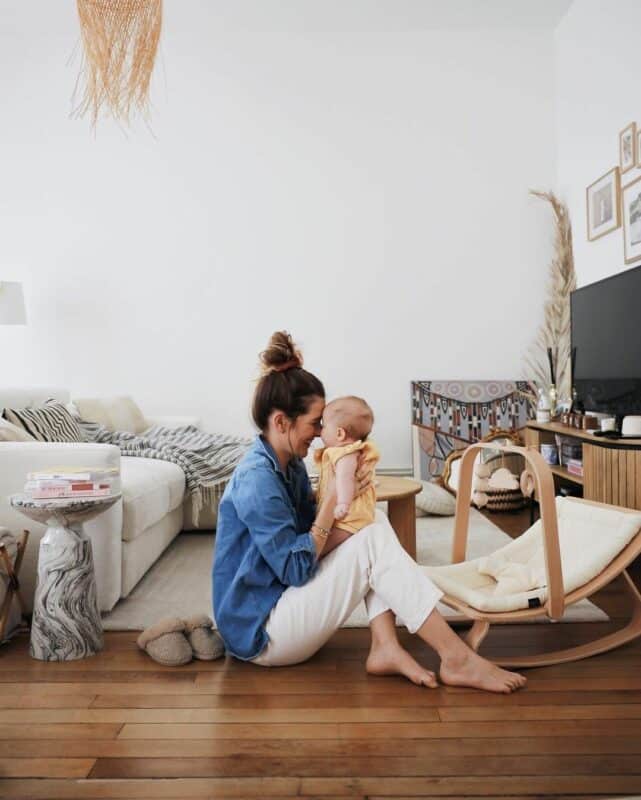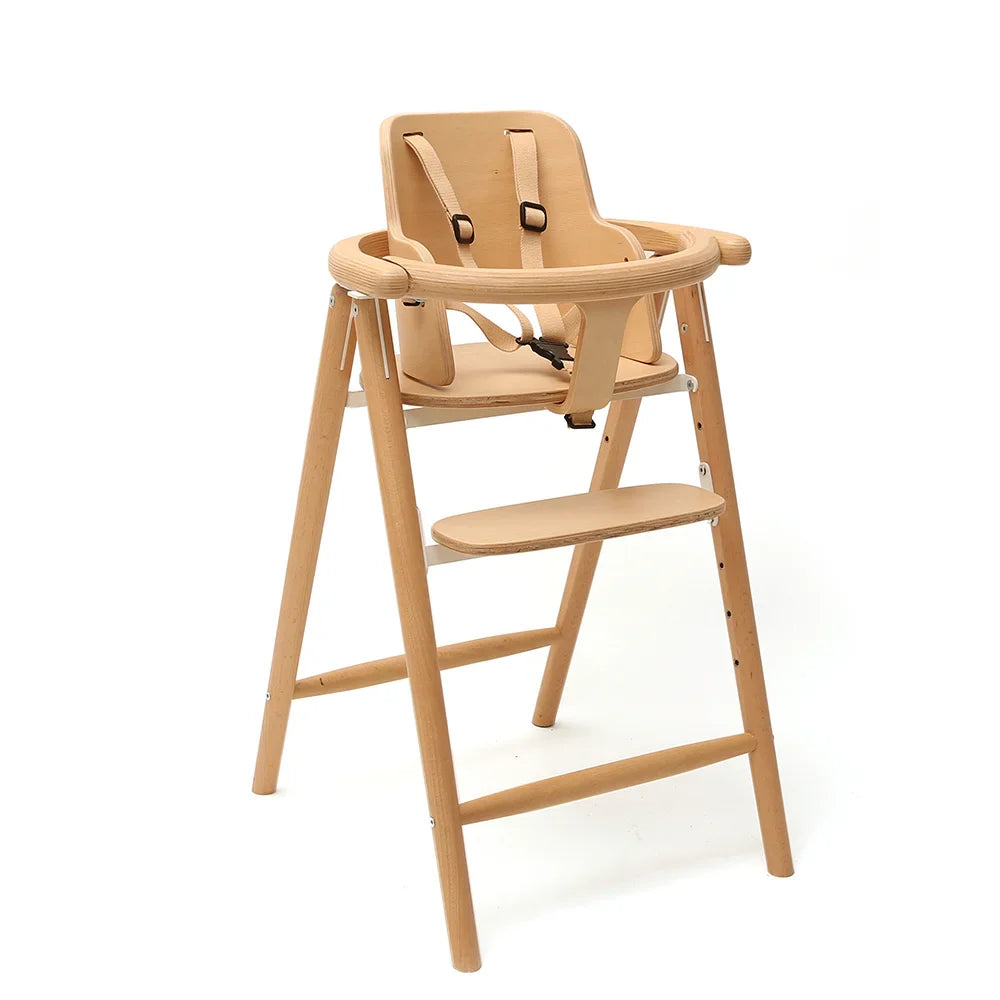New mother: taking care of yourself


The encounter that changes everything
To prepare for the arrival of a child, there are those who leaf through parenting books, others who know Maternelles programs by heart, those who protect themselves in their bubble, those who are documented in small doses. Whatever happens, motherhood arrives without warning. All of a sudden, or almost, you become a parent. When you meet your baby for the first time. It's gone, life as you knew it is over. Instead, a great unknown, joyful and unexpected arrives. For better and for worse.
In this round of maturity, many contradictory feelings are also invited to the party: joy, wonder, fulfillment, anxiety, guilt, stress... Far from being an idealized paradise, the journey to find your way as a mother is sometimes full of pitfalls that are sometimes strewn with pitfalls that are called baby blues or postpartum depression.
Postpartum and baby blues: what's the difference?
It's important to distinguish between baby blues, which is a normal and temporary emotional reaction after giving birth, and postpartum depression, which is a more serious medical condition.
While baby blues are generally characterized by feelings of sadness, anxiety, and irritability that usually go away on their own after a few weeks after birth, postpartum depression persists longer and may require professional treatment.
If symptoms persist for more than two weeks or interfere with the ability to function on a daily basis, it is important to see your midwife or doctor.
How to identify postpartum depression?
Postpartum depression is a medical condition that can affect new moms soon after giving birth. It can occur in the first few weeks after birth, but it can also occur up to a year after the baby is born.
Symptoms can vary in severity, ranging from mild and temporary sadness to more intense emotional distress. It can cause a decrease in self-esteem, difficulty relating to the baby, sleep and appetite disorders, and negative or suicidal thoughts in the most severe cases.
These effects can also impact the relationship with the partner and other family members.
What are the solutions to get out of postpartum depression?
Consult a health professional
Postpartum depression is a condition that cannot be treated alone. Free your speech, free your conscience, and don't feel guilty. Do not be afraid to admit your discomfort and your need for help. Make an appointment with your choice of: your midwife, your attending physician, a psychologist, a PMI center, at the hospital during a perinatal child psychiatry consultation.
Listen to your inner voice
The one whispering to you that something is wrong. It's hard to hear it, between sleepless nights and the constant responsibilities that come with motherhood. But paying attention to these internal signals is crucial. Sometimes, simply recognizing that you need support can be the first step in healing.
Surround yourself
Being alone with a newborn can be exhausting and isolating, and the lack of social contact can worsen feelings of depression. They say it takes a village to raise a child. A kind, caring army is needed to take care of mothers. Talk with your partner, with other moms, with your friends, your family. Doubt, tolerate your mistakes that are not mistakes.
Getting away from Instagram...
... or more precisely, accounts that give you the bumblebee. Beautiful photos, immaculate house, mother with her hair and pomponade, sleeping baby. Do you really believe it? Don't be fooled by appearances. Instagram is also called the dream life or more bluntly “the poisonous life that makes you feel guilty”. Instead, turn to useful accounts such as that of Anna Roy, the beautiful stories of Anaïs Doal, the reflections of Marie Robert or the tribulations of Renée Greu.

Hello let go
Finding your place as a mother seems like a treasure hunt. As Lisa Gachet summarizes, “You have to know how to let go, accept that things are imperfect, that daily victories may be tomorrow's failures and that doesn't matter.” You are not a multi-armed goddess who can do everything at the same time. Your brain is in full bloom (it's scientifically proven), so take the time to watch it blossom.
The Charlie Crane Team
You might also like:








